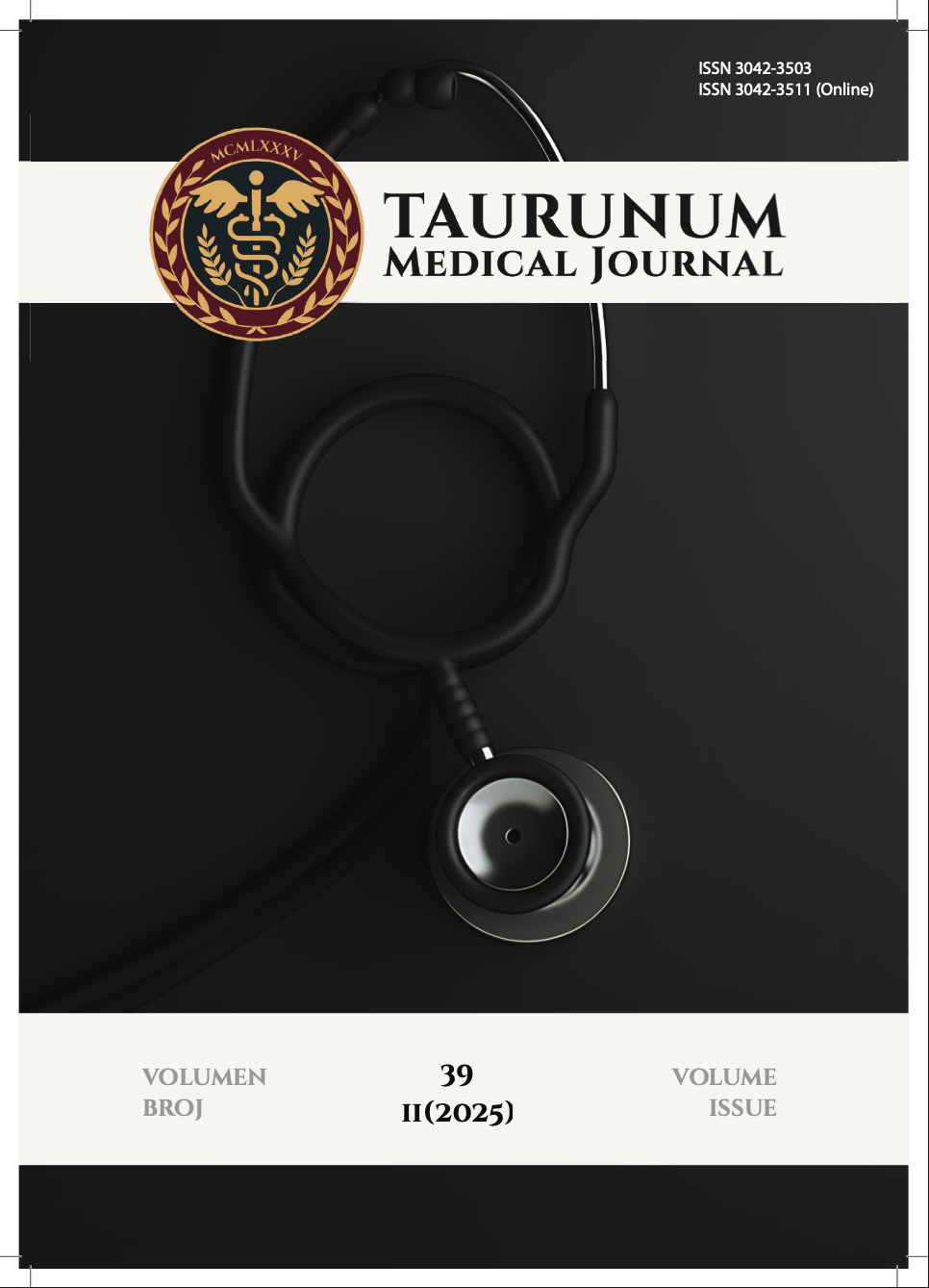
More articles from Volume 35, Issue 3, 2019
Effect of hyperbaric oxygen therapy on the development of collateral arteries in diabetic patients with leg claudication
Preoperative evaluation of patients with cirrhosis
ERAS Protocol in Laparoscopic Colon Surgery
Article views
Citations

0
ERAS Protocol in Laparoscopic Colon Surgery
Clinical Hospital Center „Dr Dragisa Misovic“ , Belgrade , Serbia
Clinical Hospital Center „Dr Dragisa Misovic“ , Belgrade , Serbia
Clinical Hospital Center „Dr Dragisa Misovic“ , Belgrade , Serbia
Clinical Hospital Center „Dr Dragisa Misovic“ , Belgrade , Serbia
Clinical Hospital Center „Dr Dragisa Misovic“ , Belgrade , Serbia
Clinical Hospital Center „Dr Dragisa Misovic“ , Belgrade , Serbia
Clinical Hospital Center „Dr Dragisa Misovic“ , Belgrade , Serbia
Clinical Hospital Center „Dr Dragisa Misovic“ , Belgrade , Serbia
Clinical Hospital Center „Dr Dragisa Misovic“ , Belgrade , Serbia
Published: 01.09.2019.
Volume 35, Issue 3 (2019)
pp. 1818-1828;
Abstract
Colorectal cancer, as one of the leading oncological causes of disease worldwide, is a major challenge in terms of treatment and patient access. Technological advances have made it possible to apply a minimally invasive laparoscopic surgical technique that has proven superior to open surgery. In order to optimize treatment, reduce mortality and morbidity, a perioperative strategy has been developed summarized in the principles of ERAS protocol (Enhanced Recovery After Surgery). The basic postulates of the ERAS protocol include prehabilitation, comorbidity control, prevention of postoperative nausea and vomiting, minimally invasive surgical method, multimodal analgesia, achieving euvolemia, prevention of hypothermia and early mobilization of the patient. The principles of the ERAS protocol are based on evidence to support safety, applicability and effectiveness, however, there are not yet enough studies to examine the long-term benefits of their implementation. The implementation of the ERAS protocol at KBC “Dr Dragisa Misovic -Dedinje” is not complete, but there is significant compliance with the guidelines of the 2018 ERAS Association, which has reduced inpatient stays and the number of postoperative complications. Although there is ample evidence to support the safety and effectiveness of this treatment approach, a multimodal strategy poses a major challenge to traditional surgical doctrine, making its implementation slow and incomplete in practice.
Keywords
References
Citation
Copyright
This is an open access article distributed under the Creative Commons Attribution License which permits unrestricted use, distribution, and reproduction in any medium, provided the original work is properly cited.
Article metrics
The statements, opinions and data contained in the journal are solely those of the individual authors and contributors and not of the publisher and the editor(s). We stay neutral with regard to jurisdictional claims in published maps and institutional affiliations.




